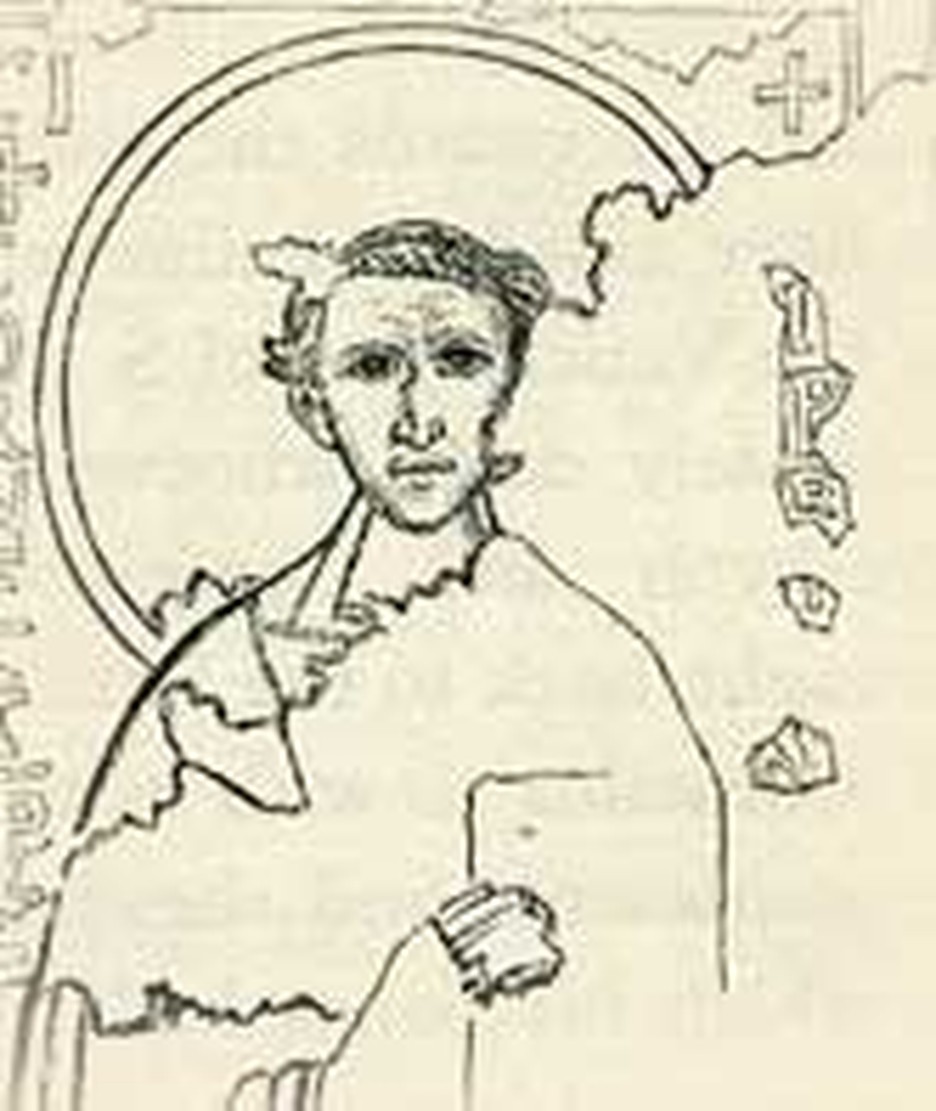
What happens if a Christian is baptized by an unworthy or improperly ordained minister? Is that baptism valid? This question has been faced several times by the church. Under the prodding of the dynamic bishop and martyr Cyprian, the issue was faced in the North African city of Carthage in the third century.
During the Decian Persecutions, which broke out in 250, many Christians poured libations to the emperor rather than suffer torture. Others bribed the authorities to obtain certificates saying they had sacrificed even when they had not. Later some of these, who were called lapsi, or the 'lapsed,' felt remorse for their betrayal of Christ who had suffered torture for them. They asked to be readmitted to the church.
Schism developed over the issue. Led by Novatian, many Christians broke off from Rome, saying no lapsed person should be readmitted. The Novatians ordained their own priests who baptized new Christians. Later some Novatian Christians wanted to unite with the Catholic church. Cyprian said this was only possible if they were rebaptized within the Catholic church by "legitimate" priests. Another group wanted to let the lapsed return on easier terms than Cyprian. They also broke away and elected their own bishop, Cecilianus, who baptized converts.
Believing that church unity was at stake, Cyprian took a tough stand against accepting baptism by schismatics, arguing that no sacrament administered outside the church had validity. Since there can be only one church, he considered the breakaway groups to be without the Holy Spirit. He wrote letters and summoned councils. These councils met in Carthage in 251, 252, 253, 255 and 256 to address the issues raised by the lapsi and Novatians. On this day, September 1, 256, the North African synod voted unanimously with Cyprian. Baptized "heretics" who entered the Catholic fold must be baptized again.
This vote did not stand. Stephen, bishop of Rome, ordered Cyprian to accept the lapsed into the church without a second baptism. Cyprian refused. "[H]ow can he who lacks the spirit confer the spirit?" he asked. For a long time he resisted, but eventually yielded--under threat of excommunication. Rome uses this concession by Cyprian to prove that at that early time the bishop's of Roman word had authority.
Cyprian died a martyr. He had been accused of cowardice for hiding during the Decian Persecutions. In 258 he vindicated himself, boldly testifying to his faith as he went to his beheading. Stephen, too was martyred--a year before Cyprian. The Council of Arles in 314 upheld Stephen's decision. As long as a person was baptized in the name of the Father, the Son and the Holy Spirit, he or she was truly baptized, regardless of who conferred the rite.
Bibliography:
- Aland, Kurt. Saints and Sinners; men and ideas in the early church. Philadelphia: Fortress Press, 1970.
- Benson, Edward. Cyprian; his life, his time, his work. London: macmillan, 1897. Source of the image.
- Bowie, Walter Russell. Men of Fire. New York: Harper and Brothers, 1961.
- "Carthage Councils" and "Cyprian." The Catholic Encyclopedia. New York: Robert Appleton, 1914.
- Eerdman's Handbook to the History of Christianity. Editor Tim Dowley. Berkhamsted, Herts, England: Lion Publishing, 1977.
Last updated April, 2007.








